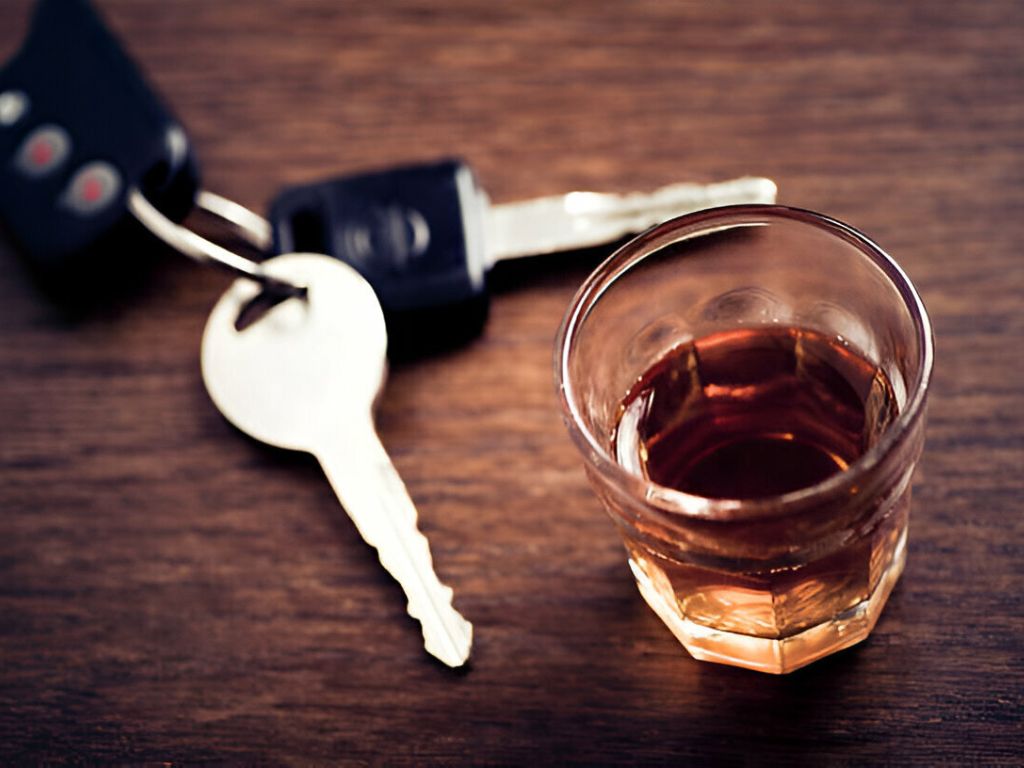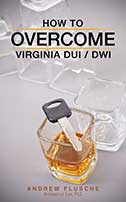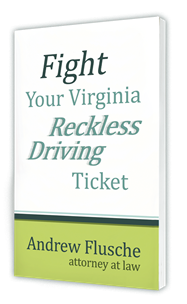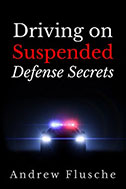DUI Horizontal Gaze Nystagmus Test

A police officer shines a penlight across your eyes. They tell you to follow it left to right. Your vision blurs under the pressure of the flashing blue lights, but the officer writes something down. That simple motion—your eye flickering—is now the centerpiece of a criminal case. In Virginia, this exam is called the horizontal gaze nystagmus (HGN) test, and it is one of the most common tools used to justify a DUI arrest.
The problem? The science behind the nystagmus test is contested, and officers rarely administer it with precision. That means the outcome can hinge on human error. If law enforcement charged you after a horizontal gaze nystagmus test, you need a strong defense strategy. At Flusche & Fitzgerald, we focus our practice on DUI and reckless driving defense, using our courtroom experience to challenge unreliable evidence. We can help you pursue a fair and just outcome.
Contact us today at 540-318-5824 to discuss your case and learn how we can help you.
What Is a Nystagmus Test?
At its core, a nystagmus test, sometimes called a “drunk eye test,” or DUI eye test, measures involuntary jerking of the eye that may occur when someone is impaired. Officers ask you to follow an object, typically a penlight or fingertip, while they look for exaggerated eye movements. The theory is simple: alcohol can make these movements more pronounced. But in practice, countless other conditions can produce similar eye behavior, including:
- Fatigue or lack of sleep,
- Inner ear disorders,
- Traumatic brain injuries,
- Neurological conditions, and
- Certain prescription medications.
Because the test is subjective, officers often misinterpret natural eye motion as evidence of intoxication. That makes it vital for defense attorneys to question the reliability of the results in court.
Why Do Police Call the Nystagmus Test the “Drunk Eye Test”?
Colloquially, officers and drivers alike sometimes refer to the exam as the “drunk eye test” because the phrase aptly captures its primary role in DUI enforcement: a quick visual shortcut used to establish probable cause for arrest. But the shortcut can be misleading. Someone with a medical condition could “fail” even without consuming alcohol. That is why we cross-examine officers about how the test was administered and whether the circumstances made it unreliable.
When is the DUI Eye Test Used in Virginia?
Virginia police regularly use the DUI eye test during roadside stops, usually alongside walk-and-turn or one-leg stand exercises. Officers receive training pursuant to National Highway Traffic Safety Administration (NHTSA) standards, which sets guidelines for how law enforcement should perform the test.
Yet studies show error rates are high when officers cut corners. Poor lighting, moving traffic, or improper instructions can all taint the outcome. Even when administered correctly, the test is only one of three standardized field sobriety tests approved by the NHTSA. It was never intended to stand alone as proof of intoxication.
How Does the Horizontal Gaze Nystagmus Test Stand Up in Court?
The nystagmus test carries weight because prosecutors frame it as a scientific test. They often claim it shows alcohol in the bloodstream. In reality, Virginia courts treat it as just one of several factors. The test cannot measure blood alcohol content, nor can it pinpoint how much someone has consumed.
Defense attorneys can challenge:
- Whether the officer gave proper instructions,
- Whether the testing environment compromised accuracy,
- The officer’s training and credentials, and
- Alternative medical explanations for the eye movement.
For example, showing that an officer rushed the procedure or ignored NHTSA guidelines can create doubt. Medical records demonstrating inner ear issues or neurological conditions may also explain the same symptoms. By raising these issues, we can undermine the reliability of the test and prevent it from dominating the case.
Why Does Skilled Representation Matter?
When officers treat the nystagmus test as irrefutable, defendants risk conviction based on flawed evidence. Judges, however, respond to well-prepared cross-examination. That is where Flusche & Fitzgerald excel.
Andrew Flusche
Andrew Flusche built his practice to help everyday Virginians fight complex traffic and DUI charges. Since 2008, he has maintained a perfect 10.0 Avvo rating and more than 1,200 five-star Google reviews. His reputation rests on courtroom advocacy and careful dismantling of questionable police procedures. Flusche has also authored multiple books on DUI and reckless driving in Virginia, and his reckless driving guide remains the most reviewed book of its kind on Amazon.
Ryan “Fitz” Fitzgerald
Ryan Fitzgerald spent over a decade as a prosecutor, handling thousands of DWI cases, from first-offense misdemeanors to felony manslaughter. He draws on that experience to anticipate the Commonwealth’s tactics. He knows how the training officers receive, what mistakes they make, and how juries respond.
Together, we bring both perspectives to the defense table.
Contact Flusche & Fitzgerald to Protect Your Future
If you face charges related to the DUI eye test, you need a skilled attorney to fight for you. At Flusche & Fitzgerald, our clients have direct access to attorneys knowledgeable about both sides of Virginia DUI law. With free consultations, flat-rate pricing, and a courtroom-tested record, we offer clarity in a process clouded by doubt. Call today to protect your future and ensure your case is judged by facts, not by the flicker of your eyes.




